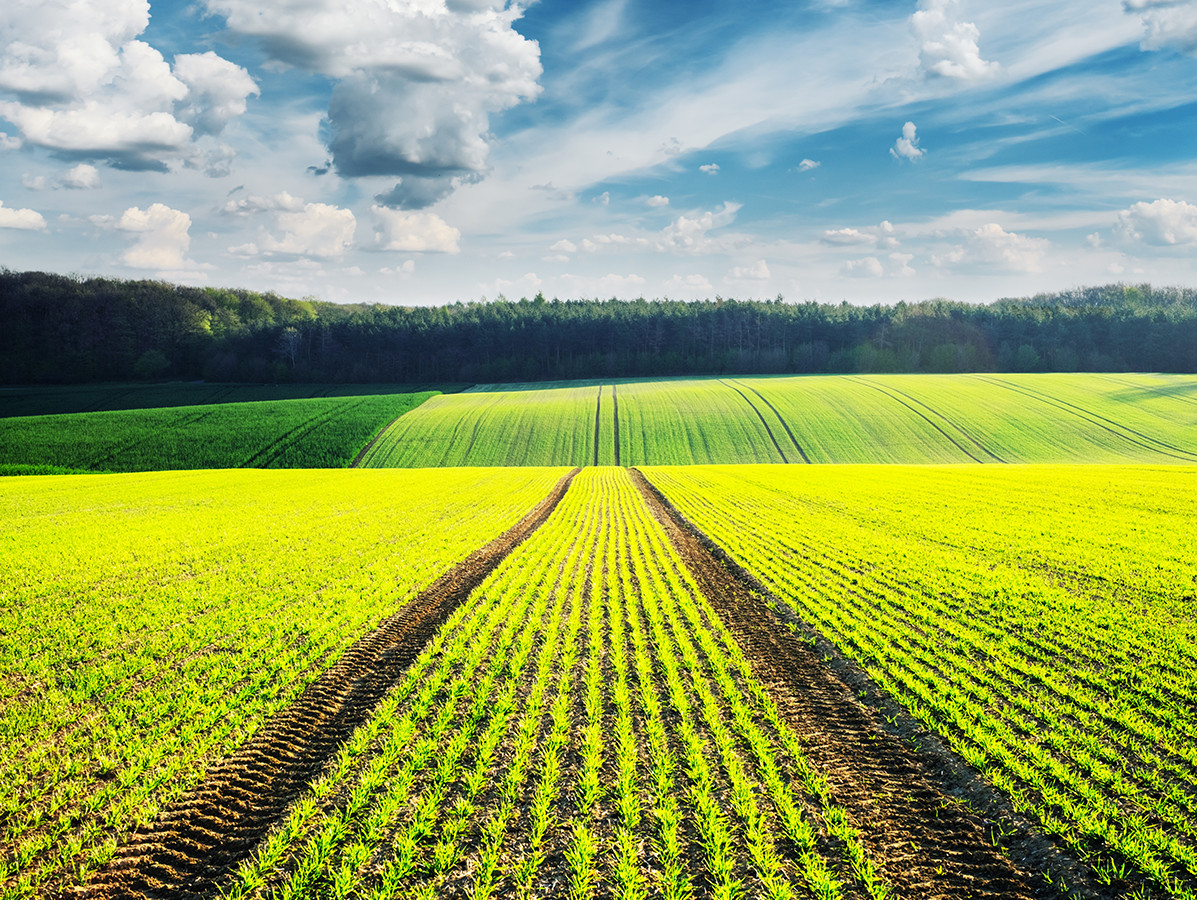
Farmers, horticulturists and fishermen have a weaker negotiating position compared to large and concentrated market players in the chain. This means, for example, that they can easily be put under pressure to accept discounts. This hinders farmers' entrepreneurship and makes it more difficult for them to ask a fair price for the food they produce. In order to strengthen the position of farmers in the food chain, the Unfair Trade Practices in Agriculture and Food Supply Chain Bill by Minister Schouten of Agriculture, Nature and Food Quality (LNV) was submitted to the House of Representatives on 20 November 2020.
This bill is part of the package of measures announced in the coalition agreement to strengthen the position of farmers in the chain. The bill will ban sixteen trade practices that farmers, horticulturalists, but also fishermen and other suppliers of agricultural and food products (such as meat processors, dairy factories and wholesalers who supply to retailers) may have to deal with. This will strengthen their bargaining position in relation to their customers and make it easier to denounce unfair trading practices. Examples of the unfair commercial practices that will soon be prohibited under the bill include: the short-term cancellation of delivery of perishable products by the buyer, unilateral changes in the conditions of delivery by the buyer (such as volume, quality standards or prices).
Food suppliers will soon be able to denounce unfair commercial practices to the Consumer & Market Authority (ACM), which will ensure the enforcement of the new rules. In addition, the bill offers the Minister of Agriculture, Nature and Food Quality the opportunity to appoint an easily accessible Disputes Committee. The Minister is now making the necessary preparations for this.
With the bill, the Netherlands is implementing the EU Directive on unfair commercial practices in the agricultural and food supply chain. The Directive must be transposed into national law by 1 May 2021 and that legislation must be implemented by 1 November 2021.
Source: Ministerie Landbouw, Natuur en Voedselkwaliteit